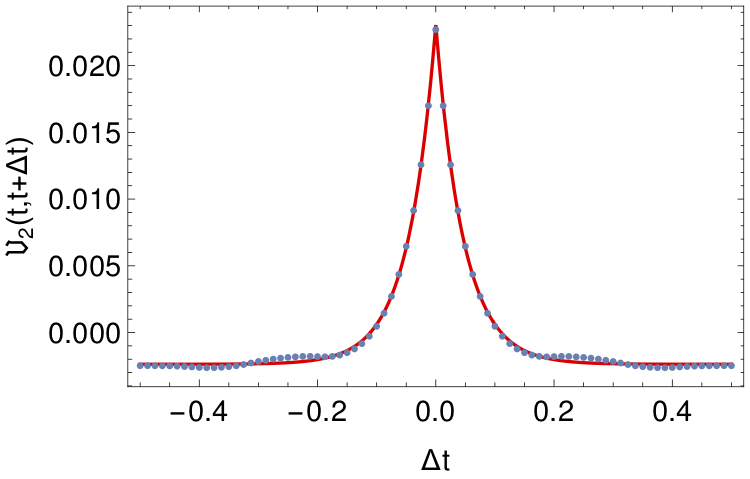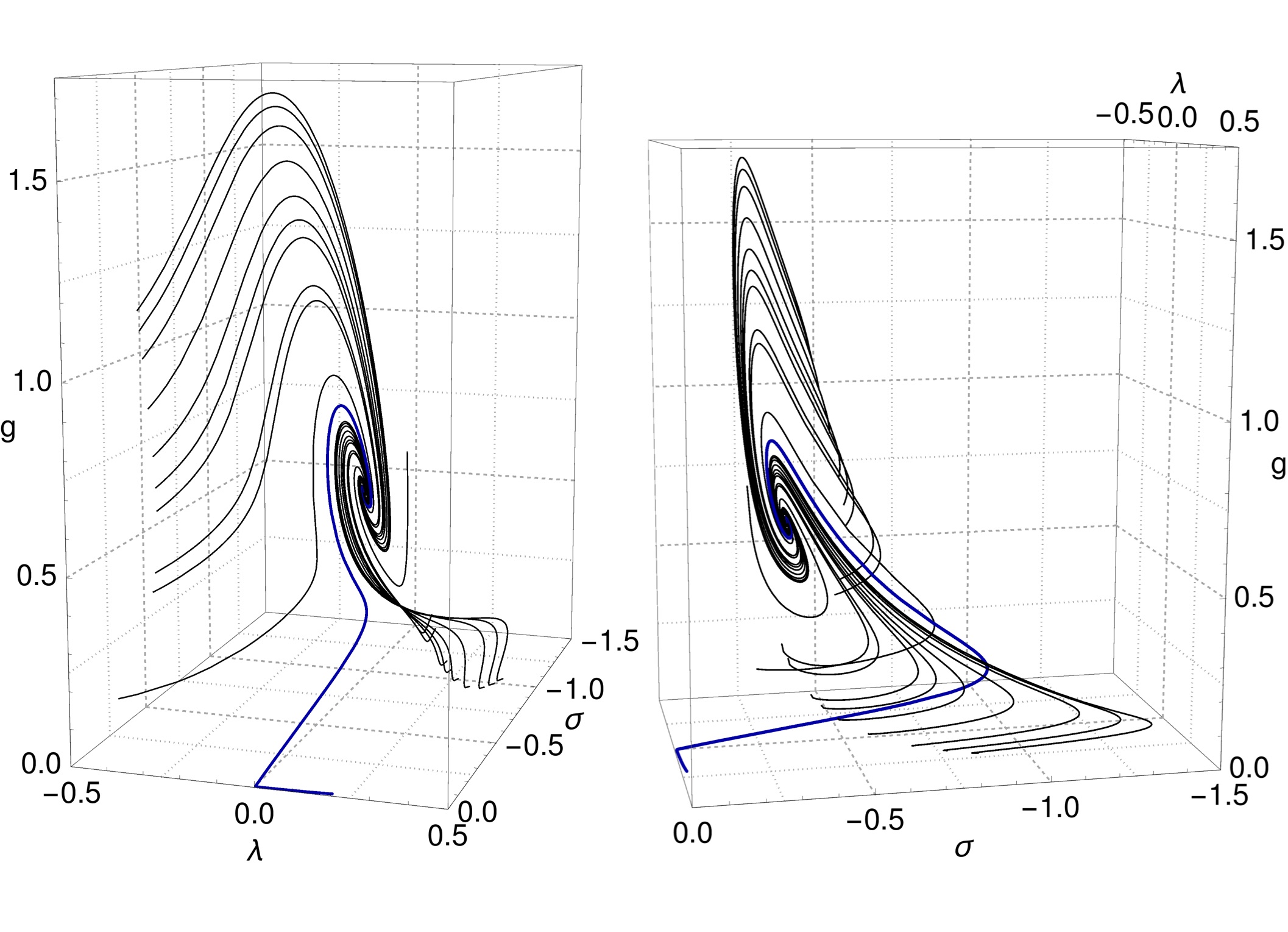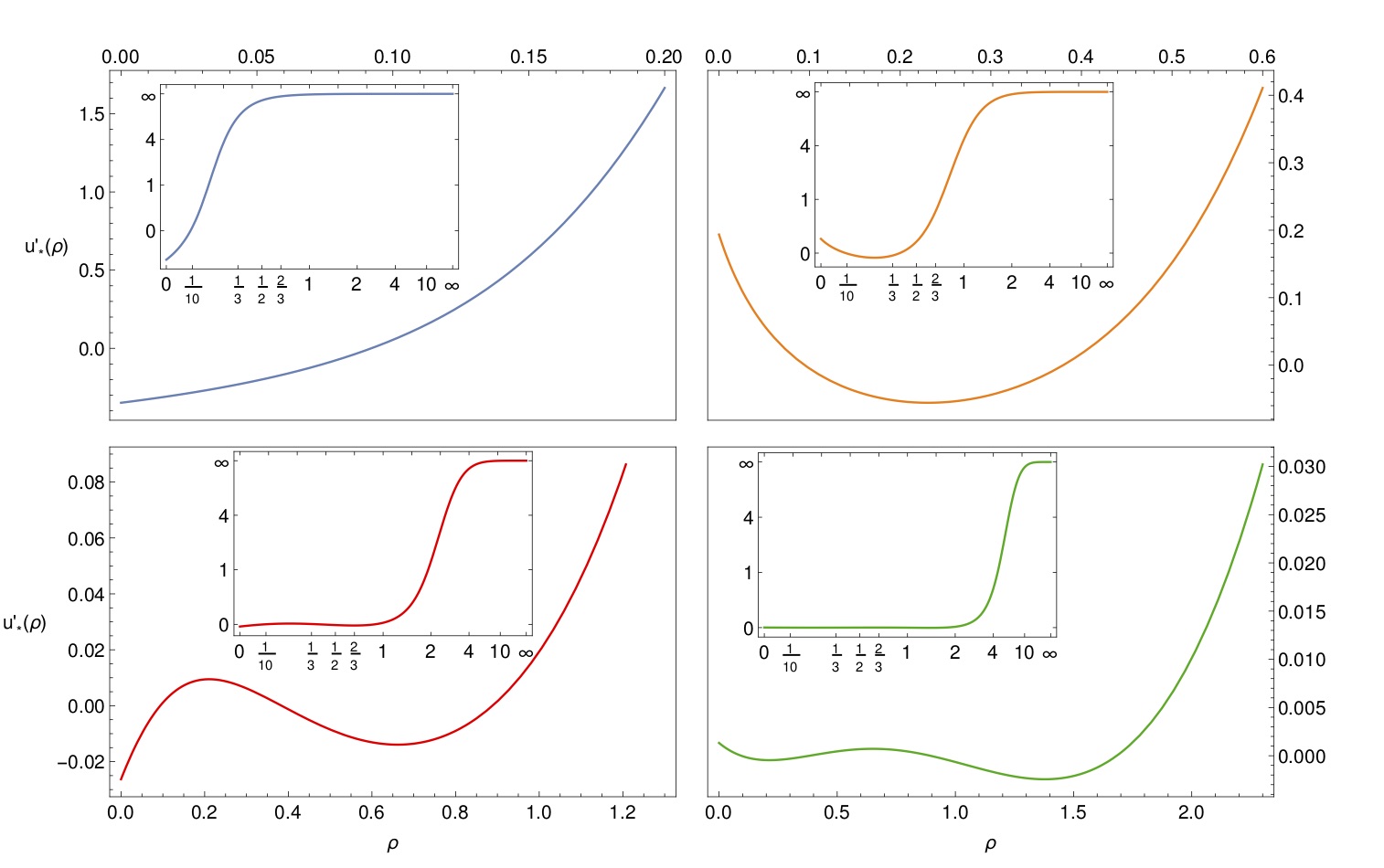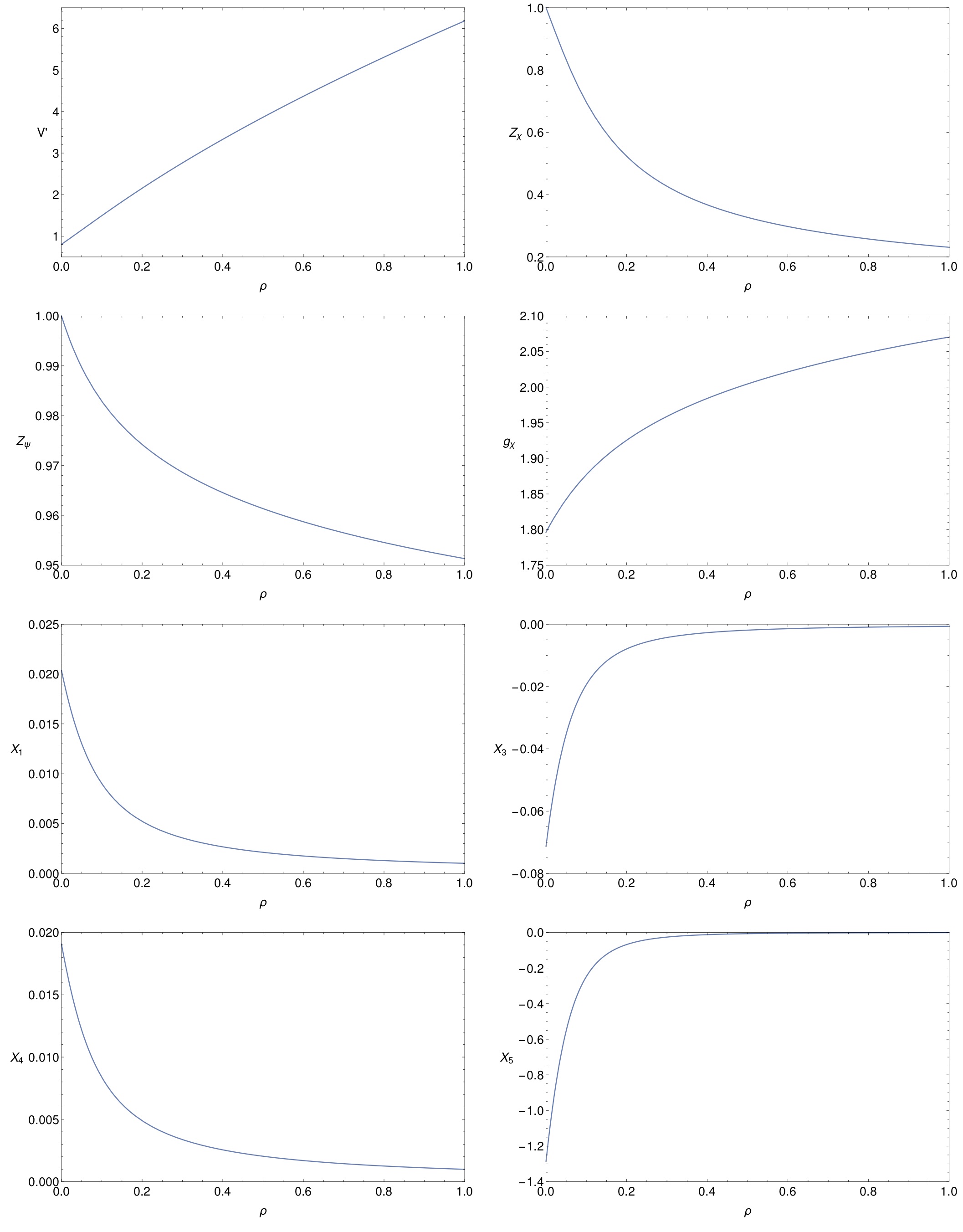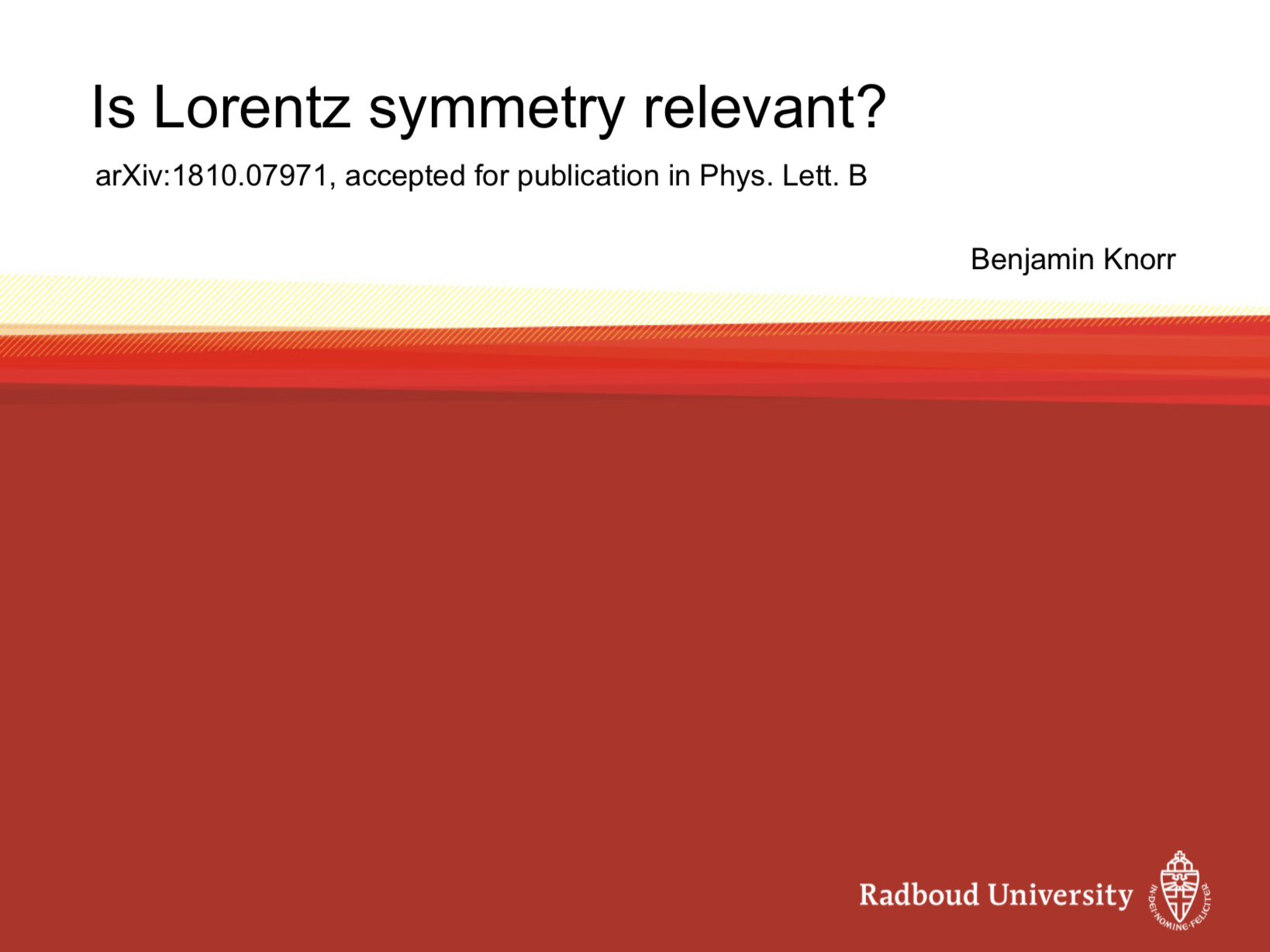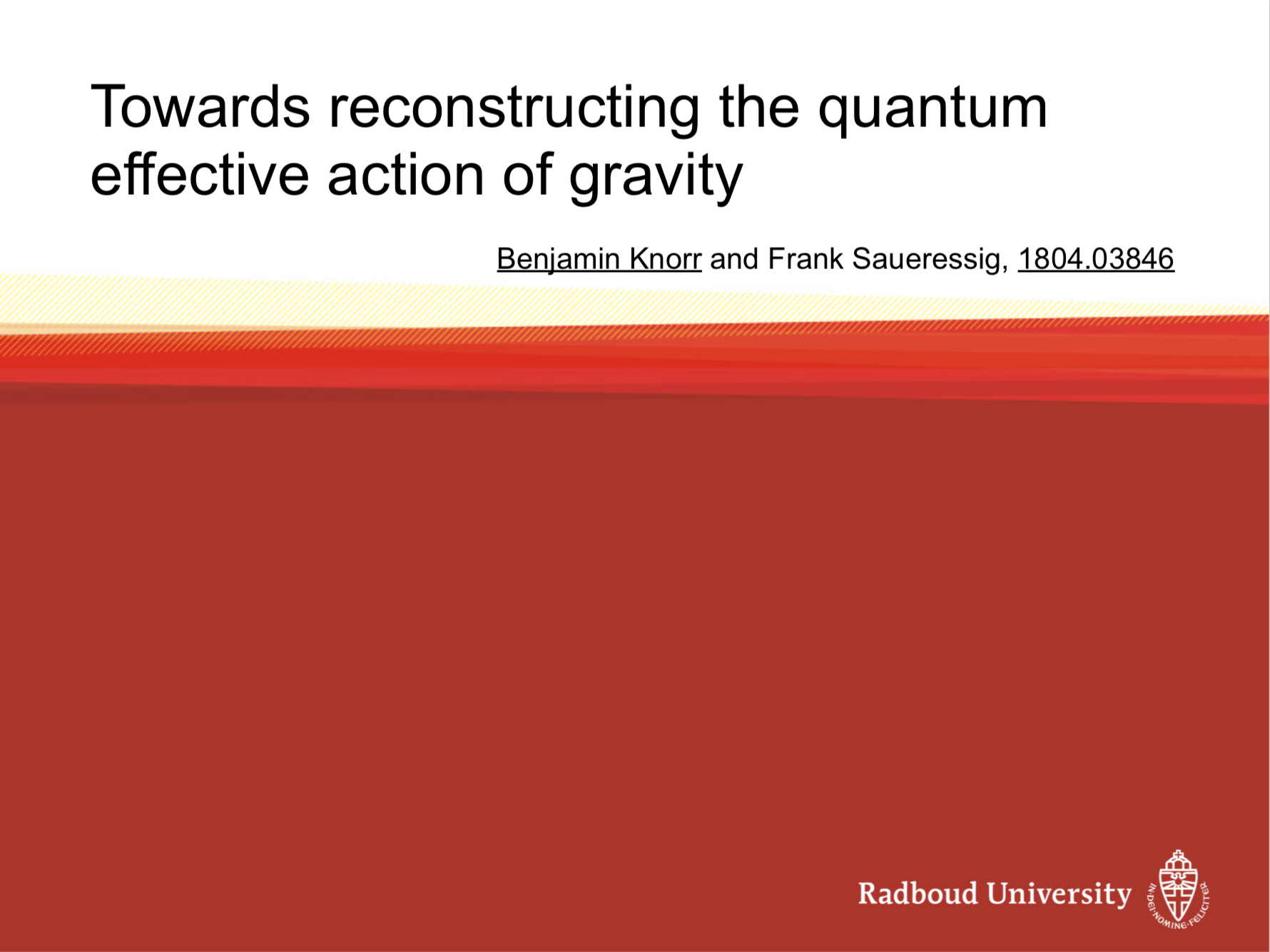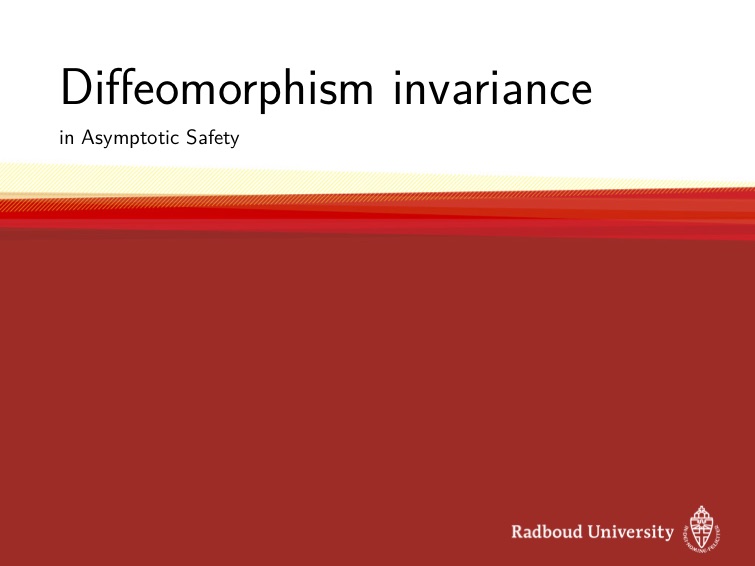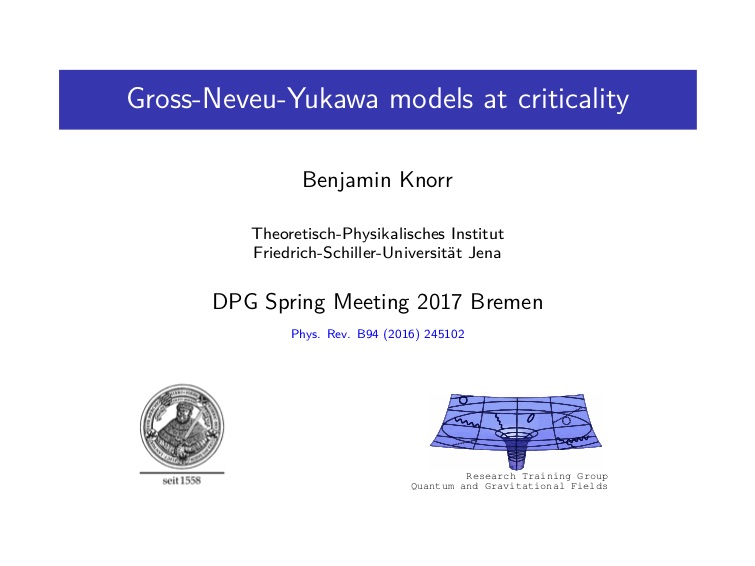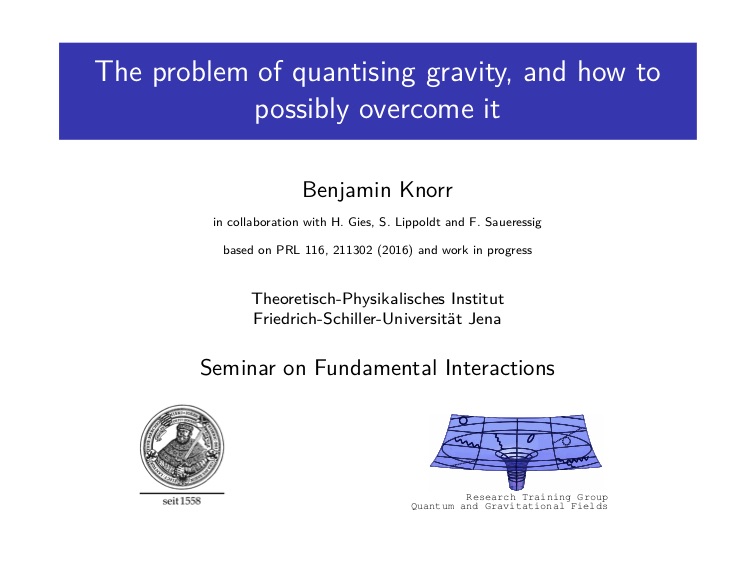I am a postdoctoral researcher at the Institute for Mathematics, Astrophysics, and Particle Physics of the Radboud University in Nijmegen. My main research focus is on theoretical high energy physics (THEF), in particular Quantum Gravity, but also on phase transitions in condensed matter systems and numerical methods.
The goal of my research is to formulate a consistent theory of quantum gravity with modern renormalisation group methods, but without introducing new degrees of freedom. This naturally links different approaches to quantum gravity, in particular Asymptotic Safety and Causal Dynamical Triangulations. Surprisingly, the same methods are applicable to practically any quantum theory or statistical system. One application is to predict universal critical exponents in second order phase transitions.
Currently I'm a member of the quantum gravity group headed by Prof. Renate Loll, and work closely with Prof. Frank Saueressig. I've received my doctorate at the Friedrich-Schiller University Jena under the supervision of Prof. Andreas Wipf.
I'm organising the Quantum Gravity Lunch Seminar - if you want to speak there, send me an e-mail.
News
